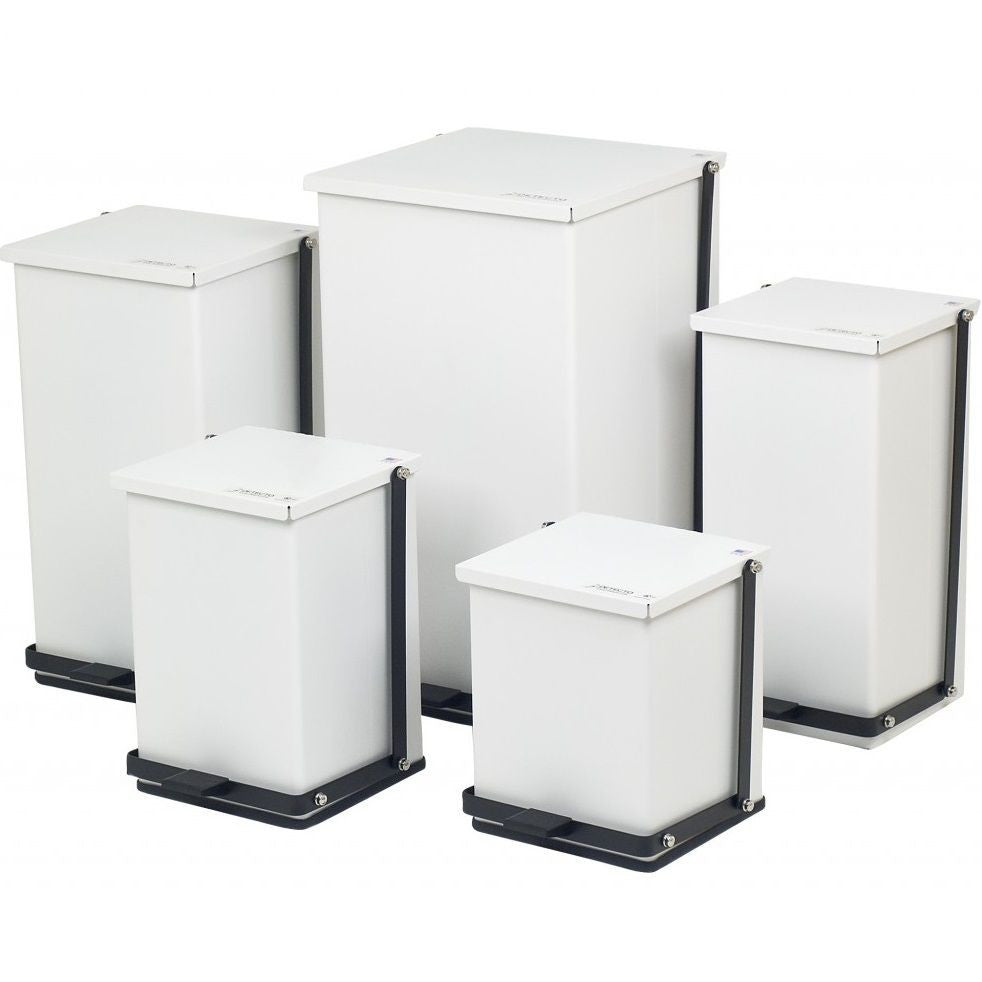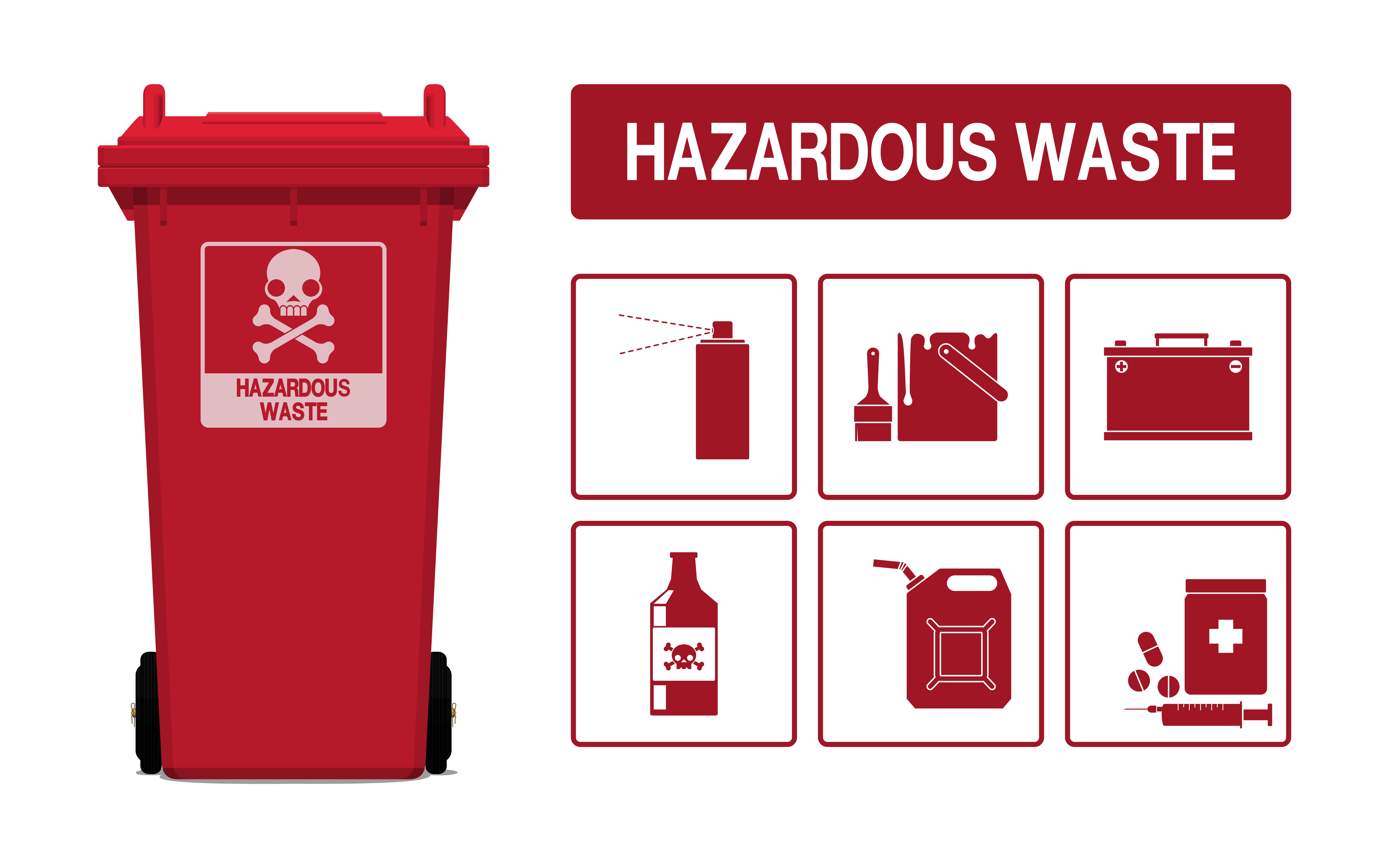Medical Waste Removal Mastery: Where Service Excellence Fulfills Wellness Requirements
Medical Waste Removal Mastery: Where Service Excellence Fulfills Wellness Requirements
Blog Article
Stay Ahead of Regulations: Professional Advice on Medical Waste Disposal
In a world where the healthcare market is frequently progressing, it is critical for clinical centers to stay ahead of policies when it involves the correct disposal of medical waste. With stringent guidelines and regular regulative changes, it can be testing to navigate the complexities of this process. With experienced suggestions, facilities can ensure conformity and minimize dangers linked with improper waste disposal. From recognizing the various groups of medical waste to carrying out the appropriate collection and partition techniques, this conversation will offer valuable understandings and workable ideas to assist centers remain ahead of regulations in the ever-changing landscape of medical garbage disposal.
Recognizing Clinical Waste Categories
Comprehending clinical waste classifications is necessary for proper disposal and administration in medical care facilities. Clinical waste describes any waste generated by healthcare tasks that may position a hazard to public health and wellness or the environment. It is essential to classify clinical waste precisely to guarantee its risk-free handling, disposal, treatment, and transportation.
There are numerous categories of medical waste that healthcare facilities need to be aware of. The most common groups consist of contagious waste, pathological waste, sharps waste, pharmaceutical waste, and chemical waste. Each classification has specific standards and guidelines for its proper monitoring and disposal.
Infectious waste consists of materials infected with blood or other physical liquids, such as gloves, dress, and lab societies. Pathological waste describes human cells, organs, or body parts that need unique handling and disposal. Sharps waste consists of used needles, syringes, and various other sharp items that can trigger injury and transmit infections. Pharmaceutical waste consists of ended, extra, or contaminated drugs that need careful handling and disposal. Chemical waste consists of solvents, disinfectants, and various other chemical compounds made use of in health care facilities.
Staying Up-To-Date With Regulatory Adjustments
Remaining current with regulatory adjustments is crucial for medical care centers to guarantee compliance and proper administration of medical waste disposal. medical waste removal near me. With laws continuously progressing, it is vital for medical care facilities to remain current to avoid penalties, fines, and possible harm to the atmosphere and public wellness
To stay ahead of governing changes, medical care facilities need to develop a system for tracking and monitoring updates. This can be done by registering for regulatory e-newsletters, participating in seminars and workshops, and actively taking part in market organizations. In addition, centers need to assign an employee or team in charge of staying informed and sharing details to pertinent stakeholders.
Regular communication with regulative agencies is likewise vital. Medical care facilities need to establish connections with local, state, and federal companies to ensure they are aware of any kind of changes in regulations that might impact their waste management methods. This can be done via regular conferences, engagement in public comment durations, and aggressive engagement with regulative firms.
Furthermore, medical care facilities ought to consider partnering with waste administration companies that concentrate on medical waste disposal (medical waste disposal services with WasteX). These firms are commonly well-versed in the most recent regulations and can supply advice and assistance to guarantee conformity
Carrying Out Appropriate Collection and Partition Techniques
To properly manage medical waste disposal, medical care centers need to establish appropriate collection and partition techniques in accordance with regulatory guidelines. Carrying out these methods makes sure the secure handling and disposal of possibly hazardous materials, protects the atmosphere, and minimizes the danger of infections and injuries to medical care workers and the basic public.
Proper collection and partition methods include making use of designated containers and identifying systems. Health care centers ought to supply clearly classified containers for various kinds of medical waste, such as sharps, transmittable waste, pharmaceutical waste, and non-hazardous waste. These containers ought to be color-coded and plainly significant to prevent complication and advertise easy recognition.
Additionally, medical care facilities must educate their team on this link the correct procedures for accumulating and setting apart medical waste. This includes enlightening them on the different sorts of waste, the suitable containers to use, and the importance of adhering to guidelines and guidelines. Routine training sessions and correspondence course should be conducted to make certain that employee remain current on best practices.
Furthermore, health care centers need to develop a system for normal collection and disposal of medical waste. This may involve partnering with certified waste management companies that focus on medical garbage disposal. These business will certainly ensure that the collected waste is moved and disposed of in conformity with regulative needs.
Selecting the Right Disposal Approaches

Incineration is just one of the most efficient and typical techniques for getting rid of particular kinds of clinical waste, such as pathological waste and sharps. It involves the regulated combustion of waste at heats, decreasing it to ash. However, incineration can launch harmful toxins right into the air and add to air contamination.

Other disposal approaches consist of chemical treatment, microwave treatment, and landfilling. Chemical therapy involves making use of chemicals to counteract the waste and disinfect. Microwave therapy uses microwave power to heat and decontaminate the waste. Landfilling includes burying the waste in a designated land fill area (medical waste disposal services with WasteX). Nevertheless, landfilling should be the last option as a result of the prospective risk of contamination to soil and groundwater.
Ensuring Compliance Via Documents and Training
After very carefully thinking about the proper disposal techniques for clinical waste, healthcare centers should make sure compliance with regulations and lessen ecological impact by executing efficient paperwork and training treatments. This step is vital in preserving a sustainable and risk-free environment for both health care workers and the public.

Medical care employees who handle medical waste must receive ideal training on waste visit our website partition, managing, and disposal procedures. By offering detailed training, medical care facilities can equip their team to make educated decisions and minimize the threat of improper waste disposal.
Verdict
To conclude, remaining in look at this website advance of regulations in medical waste disposal is essential for health care facilities. medical waste removal service. Understanding the various categories of medical waste, staying updated with regulative changes, executing appropriate collection and segregation methods, picking the ideal disposal approaches, and guaranteeing conformity via paperwork and training are all essential steps. By complying with these guidelines, healthcare organizations can properly handle and dispose of clinical waste in a secure and responsible manner
From recognizing the various groups of clinical waste to implementing the right collection and partition techniques, this conversation will provide beneficial insights and workable suggestions to aid centers stay in advance of regulations in the ever-changing landscape of medical waste disposal. - medical waste disposal services with WasteX
The most typical classifications consist of infectious waste, pathological waste, sharps waste, pharmaceutical waste, and chemical waste. Healthcare centers ought to supply plainly labeled containers for various kinds of medical waste, such as sharps, transmittable waste, pharmaceutical waste, and non-hazardous waste. Healthcare facilities should establish a thorough system to tape and track all aspects of clinical waste disposal, including types of waste generated, amounts, and disposal approaches utilized. Medical care workers who deal with medical waste needs to obtain suitable training on waste segregation, dealing with, and disposal treatments.
Report this page